Kamala Harris vs. Donald Trump: Key Takeaways from the Only Planned Presidential Debate of 2024
The first and only planned debate of the 2024 U.S. presidential campaign between Vice President Kamala Harris and former President Donald Trump took place in Philadelphia, Pennsylvania. Hosted by ABC News, the debate marked a significant moment in the race, especially given Pennsylvania’s status as a key swing state. The encounter featured heated exchanges, personal attacks, and sharply contrasting visions for America’s future. Here’s a detailed analysis of the key moments and outcomes of this highly anticipated face-off.
Setting the Stage: The Background of the Debate
The debate in Philadelphia was set against a backdrop of intense political division, with both candidates hoping to sway undecided voters. For Kamala Harris, this was an opportunity to solidify her position as a capable leader ready to take on the challenges of the presidency. For Donald Trump, it was a chance to reassert his influence over the Republican base and appeal to voters disillusioned with the current administration.
Trump’s Controversial Comments on Migration
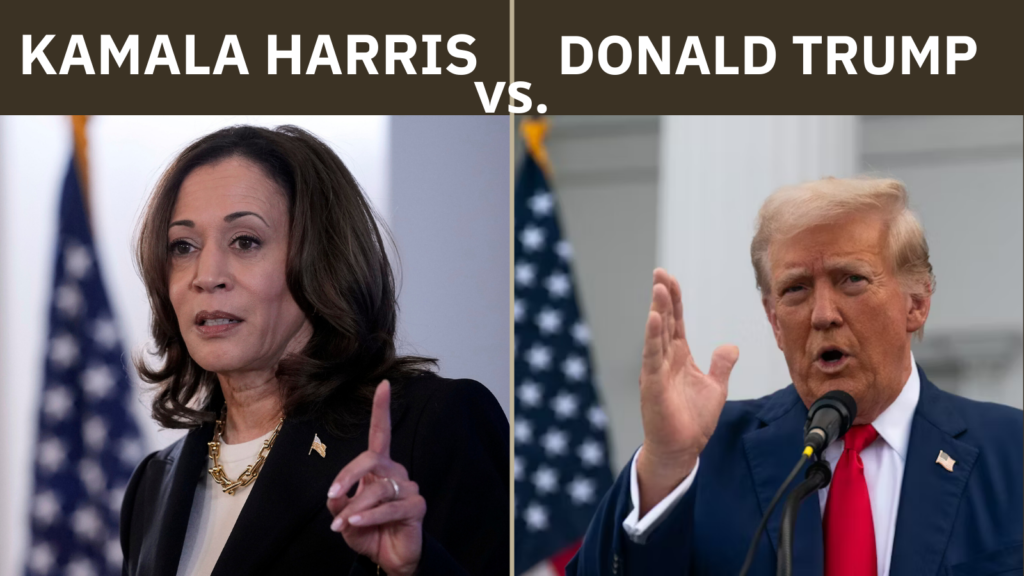
One of the most notable moments of the debate was when Trump made a controversial claim regarding migration, accusing irregular migrants in Springfield of “eating the pets of the people that live there.” This unproven allegation instantly sparked outrage and became a focal point of discussion.
Trump’s rhetoric on migration has always been polarizing, and this time was no different. By making such an extreme statement, Trump was clearly aiming to galvanize his base by appealing to fears about illegal immigration. However, his comments were widely criticized by fact-checkers and opponents as inflammatory and unfounded. Kamala Harris, in response, took the opportunity to frame Trump’s remarks as part of a broader pattern of misleading and divisive behavior.
The January 6th Riot: Trump’s Silence and Harris’s Response
When asked about his role in the January 6th Capitol riot, Trump sidestepped the question, refusing to express any regrets. This omission was particularly striking given the gravity of the events of that day, which remain a significant point of contention in American politics. Harris seized on Trump’s non-response, highlighting the danger she believes he poses to American democracy. She pointed out that Trump was “fired by 81 million people” in the last election and accused him of attempting to “upend the will of the voters in a free and fair election.”
Harris’s direct approach here aimed to remind voters of Trump’s contentious past while reinforcing her stance as a defender of democratic norms and institutions. Her rhetoric was clearly designed to appeal to voters concerned about preserving democratic governance in the face of authoritarian tendencies.
Analysis of Debate Performance: Who Came Out on Top?
According to DW’s Washington bureau chief, Ines Pohl, the debate’s outcome might not be as clear-cut as in previous years. While Harris demonstrated a strong understanding of policy and presented herself as a competent leader on the international stage, Trump’s unconventional style and his ability to connect with his base through emotional appeals and direct language cannot be underestimated.
Pohl pointed out that in a “normal world,” Harris would have been the clear winner. She demonstrated skills crucial for a president, such as understanding how to argue effectively, presenting herself with confidence, and handling complex issues. However, Trump’s tactics, which included making extreme statements and avoiding direct answers to challenging questions, may still resonate with his loyal supporters, who often prioritize style and bravado over policy substance.
Harris’s Strategy: Overcoming Criticism and Staying on Message
Throughout the debate, Harris faced significant pressure to perform well, especially after her mixed performance in a recent CNN interview. Critics had previously noted her struggles to make a strong impression, but during this debate, she showed considerable improvement. Harris managed to stay focused on her message, using well-known political strategies to navigate tough questions, particularly on issues like fracking and border control.
When confronted with questions she found challenging, Harris deftly changed the subject or redirected the conversation to attack Trump, such as when she pivoted away from discussing migration to criticize Trump’s fixation on crowd sizes at his rallies. This tactic allowed her to maintain control of the narrative and avoid being cornered by potentially damaging topics.
Trump’s Tactics: Embracing Chaos and Maintaining His Base
On the other side, Trump leaned heavily into his characteristic style of debate, which involves making bold, often factually dubious statements and quickly changing the subject when pressed. When asked about his stance on Ukraine and Gaza, he provided his standard response that these conflicts would never have happened if he were president. He avoided giving direct answers on critical questions, such as whether he would sacrifice Ukrainian territory for peace.
Trump’s approach seems to focus more on performance than on substantive policy discussions. As a seasoned media personality, he utilized his experience to create memorable moments, which his base finds appealing. For instance, his remarks about bringing a “Make America Great Again” (MAGA) hat for Harris were met with laughter and applause from his supporters. Trump’s ability to pivot topics and deliver quick, memorable sound bites played to his strengths, as did his strategy of focusing on his audience’s existing beliefs rather than trying to win over undecided voters.
The Focus on Foreign Policy: Ukraine and Gaza
Foreign policy emerged as a critical theme during the debate, particularly regarding the ongoing conflicts in Ukraine and Gaza. Trump reiterated his standard claim that these conflicts would not have occurred under his administration, without providing specific details or plans. He promised that if he were elected, he would end the war in Ukraine even before taking office.
Harris, on the other hand, emphasized her experience in international affairs, recalling her meeting with Ukrainian President Volodymyr Zelensky at the Munich Security Conference just before the Russian invasion. She underscored the importance of NATO as the most vital military alliance for the United States and reaffirmed her commitment to standing by American allies.
This contrast highlighted the differing approaches of the two candidates: Trump’s broad promises without clear details versus Harris’s more measured and experience-based arguments.
Reactions from Debate Watch Parties: Democrat and Republican Perspectives
The reactions from debate watch parties further illustrated the deep political divisions in the U.S. DW’s Janelle Dumalaon, reporting from a Democratic watch party, noted that while Harris initially appeared nervous, she gained confidence as the debate progressed. The audience responded positively to her stronger moments, particularly when she addressed key issues like abortion and foreign policy. However, there were concerns about whether her early nervousness might affect undecided voters’ perceptions.
On the Republican side, Benjamin Alvarez Gruber observed that Trump’s supporters remained loyal and enthusiastic. His comments about migration and attacks on Joe Biden resonated well with his base. However, even among Trump supporters, there was a recognition that Harris had performed better than expected, with at least one attendee indicating they might consider voting for her.
Conclusion: What This Debate Means for the 2024 Election
This debate offered a glimpse into the starkly different visions presented by Kamala Harris and Donald Trump for the future of the United States. Harris aimed to project competence, experience, and a commitment to democratic norms, while Trump leaned into his populist style, appealing to emotions and his core base.
While Harris might have won in terms of substance and policy knowledge, Trump’s performance could still resonate with a significant portion of the electorate. As the campaign progresses, it remains to be seen how these contrasting styles will impact the polls and, ultimately, the outcome of the election.
For voters, this debate was a crucial opportunity to see both candidates in action and to gauge their readiness to lead the country. The coming weeks will be critical as both sides work to build on their debate performances and persuade undecided voters.
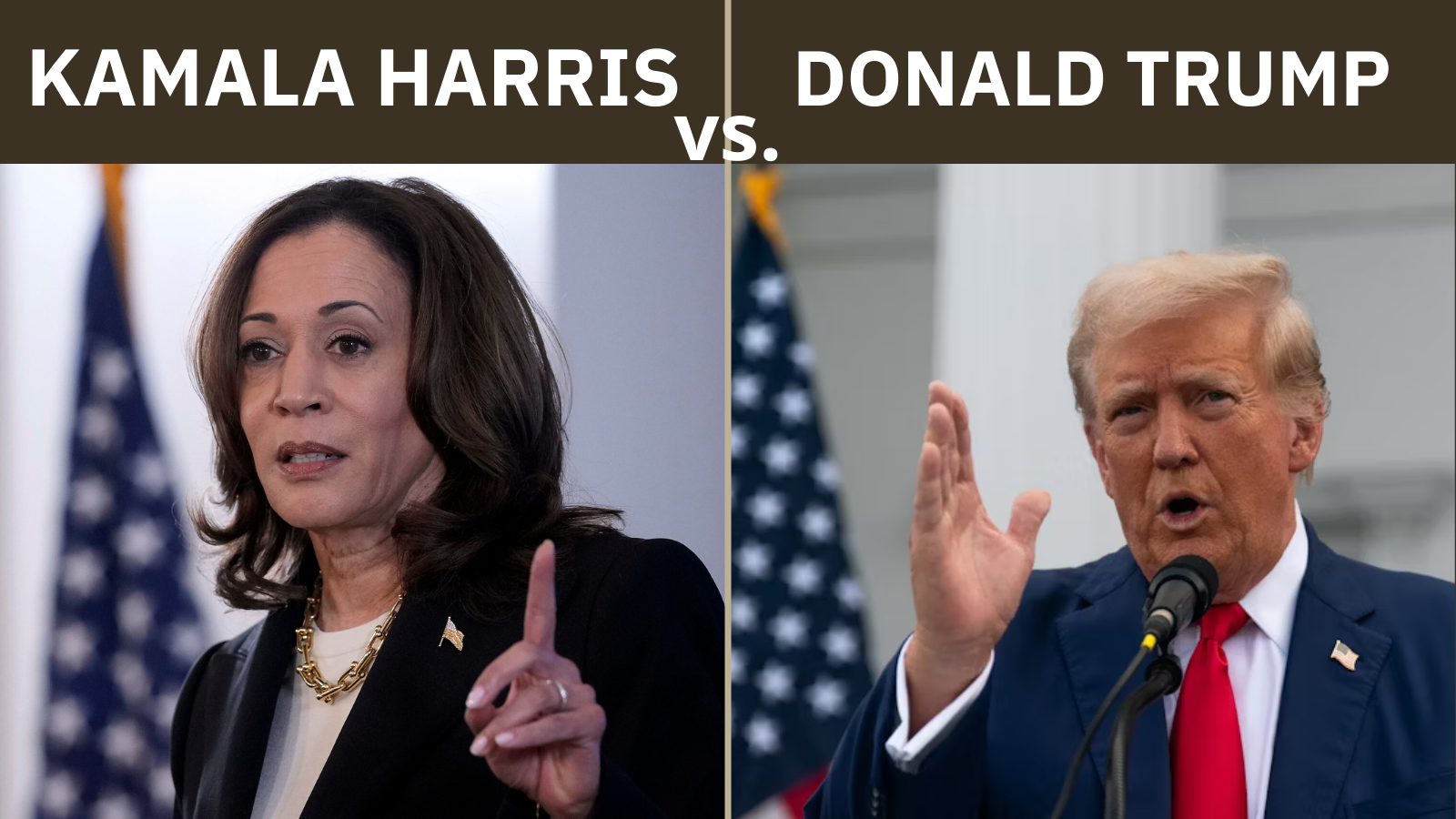


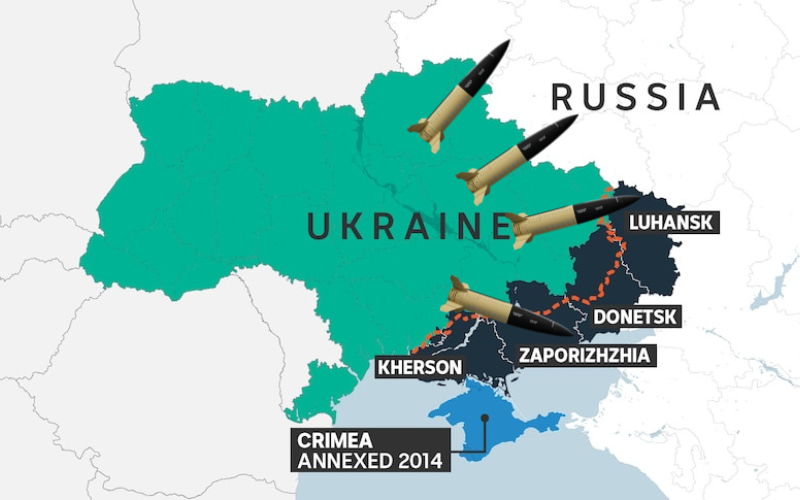
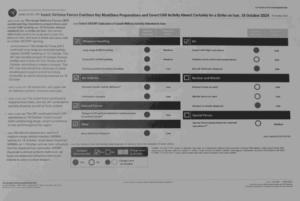







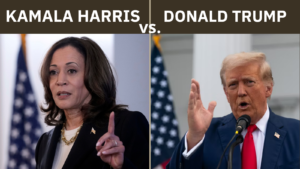

1 comment